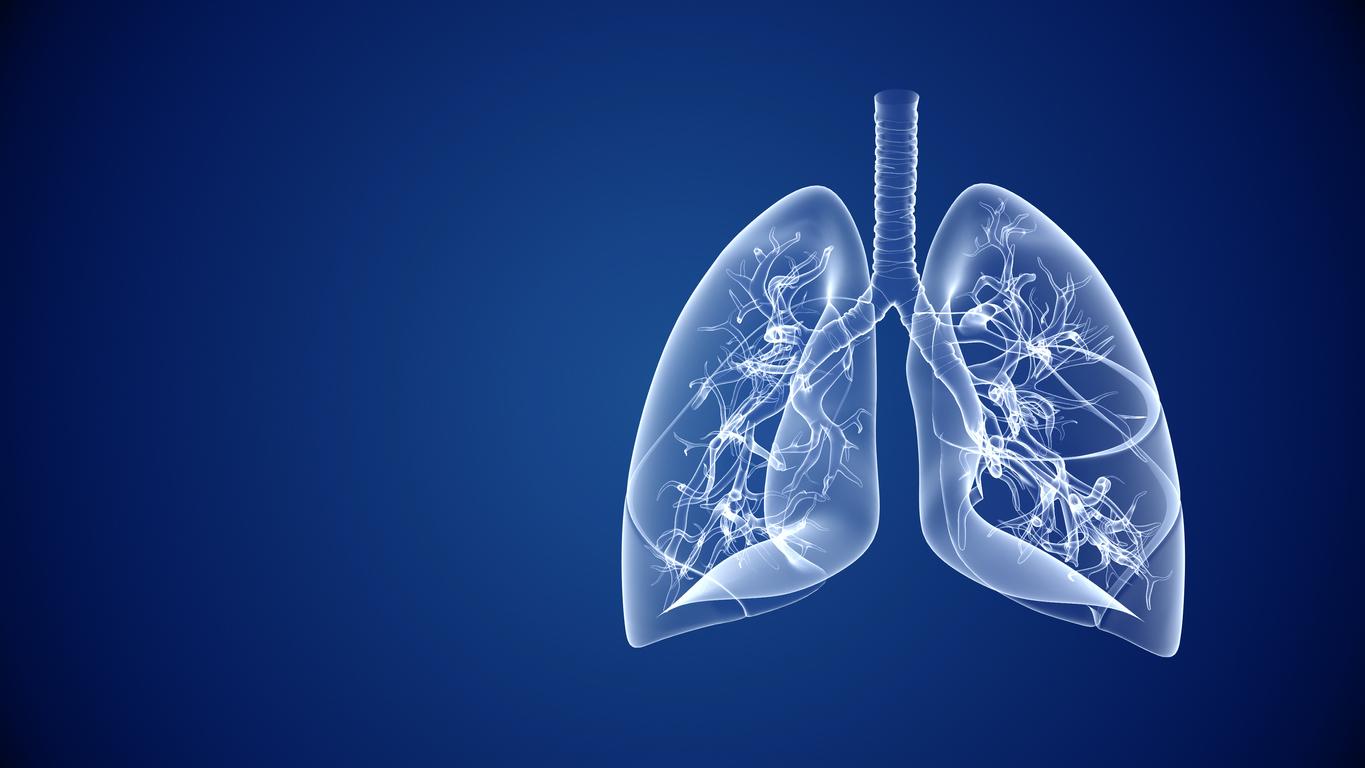Pleural effusion is an abnormal accumulation of fluid between the breasts.
In the rib cage, the lungs are surrounded by a moist, bilayered membrane, the pleura (medical name: pleura). Under normal circumstances, there is a small amount of fluid that provides lubrication to the pleural surfaces. Pleural effusion is an abnormal accumulation of fluid between the breasts.
There are two types of pleural effusion. Transudative effusion is caused by an underlying disease or condition; this disease/condition disrupts normal pressure in the lungs, preventing the blood vessels in the chest from adequately removing excess fluid from the pleural space. Conditions that can cause transudative effusion include congestive heart failure, cirrhosis and atelectasis. Also, certain medical procedures, such as peritoneal dialysis, may be associated with transudative effusion.
Exudative effusion (expulsion of inflammatory fluid) is caused by lung diseases with inflammation of the pleura. Fluid ejection (exudation) occurs when the pleura becomes inflamed and the fluid cannot pass through the membranes. Conditions that can cause exudation include cancer, lymphoma, pulmonary embolism, tuberculosis, asbestos-related diseases and injuries.
Symptoms of pleural effusion include shortness of breath, chest pain and coughing. The doctor listens to the chest with a stethoscope to hear if there is decreased breathing or audible friction of the pleural membranes during breathing.















